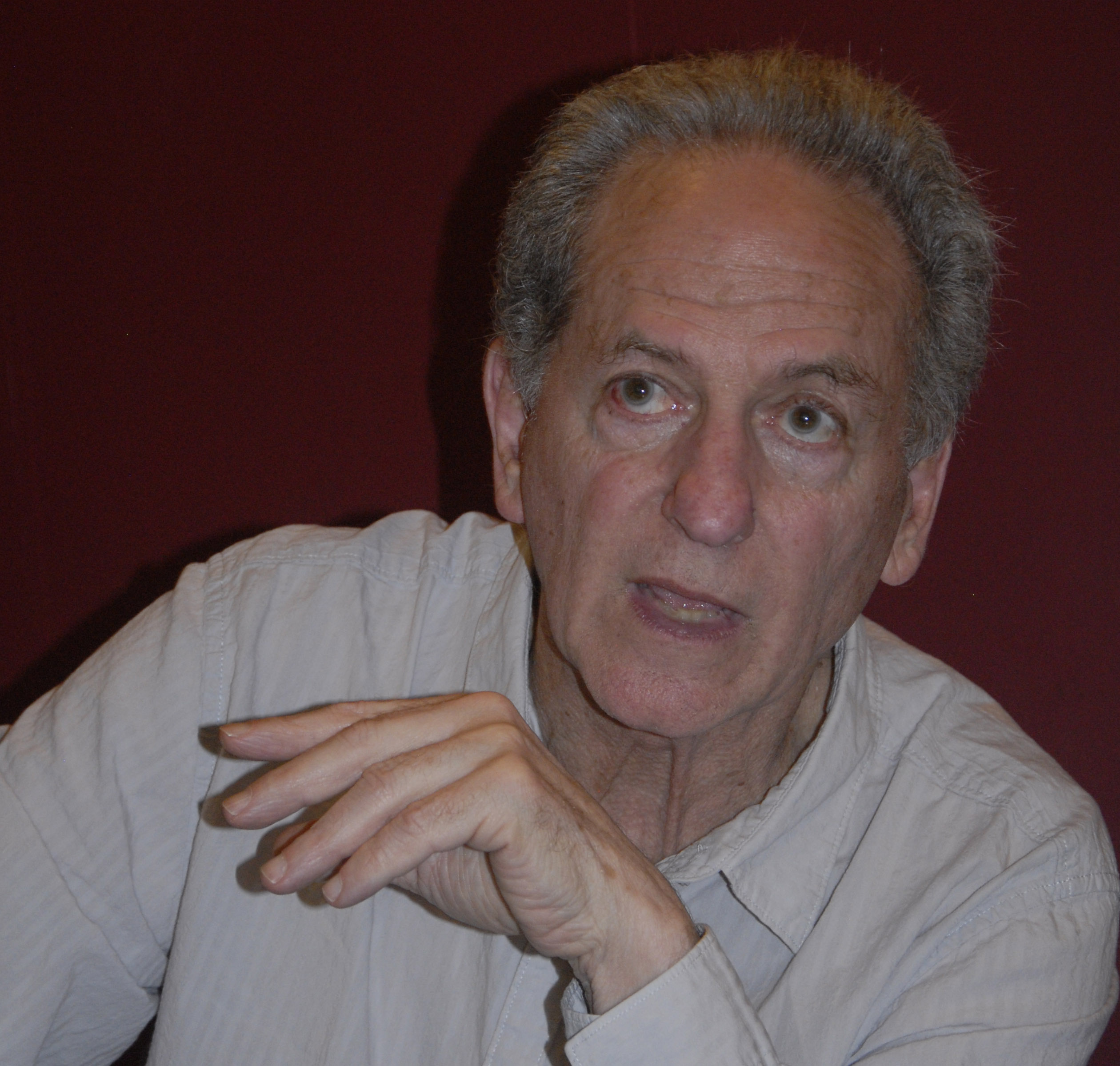Improvised storytelling
Kathmandu
He was interested in plays since his schooldays, but Jonathan Fox disliked the idea of rehearsing a text before staging any play. The play’s director had the sole authority over the text, he felt. But Fox wanted to do something democratic — initially he didn’t know what it was, but when he visited and lived in Nepal in 1967/68, Fox got the idea. It was Playback Theatre, the kind of theatre that Fox had always wanted to develop.
Interest in communities
Born on August 2, 1943 in New York City, USA, Jonathan Fox grew up in an educated middle class family. The graduate of English Literature never thought of working in theatres during his college days in Havard University. Rather he was quite interested about communities, which motivated Fox to “pursue a degree in Political Science”. He got a Fulbright
scholarship for doing a Masters in Political Science in New Zealand.
“Communities, their organisations and stories have a tripartite relationship,” expresses Fox, who was influenced by these factors to start Playback Theatre later.
Love for simple life
Fox came to Nepal as Peace Corp Volunteer in 1967/68, and this visit became a life changing event for him. As the volunteer, he helped the farmers of Nawalparasi district with their works. And those farmers taught him to live a life.
“As a man from a big city (New York), I had been living a comfortable and modern life. People here in Nepal taught me everything about traditional life,” he recalls.
So, what did he learn?
“Money and material comfort aren’t everything for one to live a blissful life. They don’t make one happy”, were the “life lessons” he learnt living life away from material world.
During his two-year stay in the country, Fox remembers of good old days when he could — be closer to nature, warm hands by fire in the cold evening, and had time to talk to neighbours. The simple life of Nepali society influenced him so much that after he returned to America “I have never lived in big cities”.
Inspiration from Nepal
Living in Nepal, Fox also got influenced by the culture and tradition here. Among all, he liked the way cultural performances were done.
“Be it dance or some other cultural events, the artistes and the audiences always knew each other.
And both parties were familiar with the stories related to those performances,” he adds.
The intimacy between audiences and artistes he witnessed in cultural shows of Nepal ended his search for “doing something democratic”. He knew what he wanted — stage performances in open space
before an intimate audience. It gave birth to the Playback Theatre.
With co-founder Jo Salas, who is also his wife, Fox came up with the Playback Theatre Company in 1975.
What’s Playback Theatre?
Playback theatre is a form of improvisational theatre where the audience or the group members narrate stories from their lives. The actors then enact the story. Expensive props and lights are not required for this theatre.
“Playback theatre shares common humanity. The theatre is from people to people and it doesn’t need lights and big halls. It is something about face to face, people to people encounter. It was the idea I took from Nepal,” he smiles.
Fox calls this form of theatre as experimental. “Every time a different story is narrated, and the actors need to vary their performances accordingly. So, it can be called experimental theatre.”
It also functions as a psychodrama, says Fox adding, “Real story of a person’s life is enacted on stage and such performances are deep, real, emotional, and are healing in nature.”
Challenges faced
It is not easy for all to share their personal stories out in the public. Fox was sceptic too when he started the Company in 1975. As such the actors would dress up as clowns and appear before the audience. The motive was “to make audience feel comfortable” so that they would “open up and share their stories”. Later people started opening up and clown costume was not necessary anymore.
They also had to be skilled in impromptu acting. “Lots of hard work was necessary to develop this skill,” he reveals. They face this challenge even today. “It takes a long time to learn acting properly. When we are acting on a real story we should do it in a respectful way. Spontaneity is a big challenge for us,” he shares.
They did all the hard works and put forth some of the best performances. However, it was again difficult for Fox to get an official recognition for his Playback Theatre in the initial days. “Journalists wanted to write about ‘theatre theatre’. Funders didn’t fund, they wouldn’t recognise it (Playback Theatre) as theatre,” remembers Fox, adding, “Positive response from the audience was the only thing that kept us going.”
Forty years later, Fox feels wonderful that Playback Theatre has reached 30 countries across the globe. Australia is one of them, and Fox recalls a memorable incident during a stage performance in 1984.
“The playback actors in Australia had been performing before orphan children. I was in the audience. Half way through the performance, an eight-year-old child went on the stage and shared his story.” It was a moment of pride for Fox for his “idea of storytelling through stage was being successful”.
It took almost 48 years for Fox to come back to Nepal again. He was here with a project ‘Enacting Dialogue’ to help create dialogues in Nepali communities. For this purpose, he “trained Nepali actors for playback theatre.”






